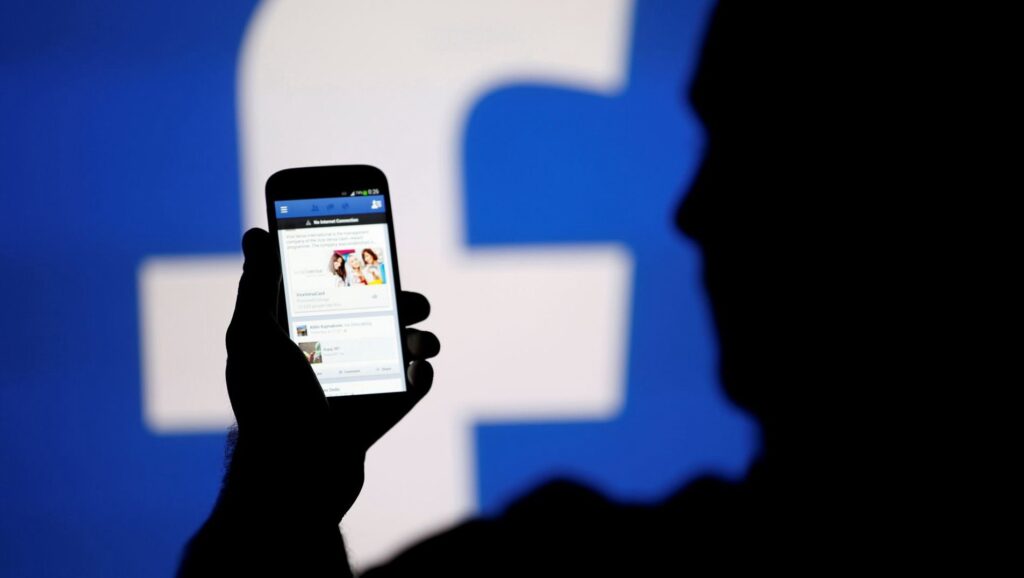In her upcoming memoir "Careless People," Wynn-Williams recounts her experiences within Facebook's leadership, suggesting that Zuckerberg's ambition to enter the Chinese market led to ethical compromises. She asserts that Facebook was willing to develop tools for censorship in cooperation with the Chinese Communist Party, describing Zuckerberg's pursuit of the Chinese market as his "white whale." Wynn-Williams claims that Facebook went further than other governments in sharing proprietary information, compromising key principles that the platform was built upon.
Meta, the parent company of Facebook, has refuted Wynn-Williams' claims, stating that she was dismissed for performance-related issues and alleged toxic behavior. The company defends Zuckerberg's congressional testimony and underscores its lack of operations in China. They label Wynn-Williams' statements as false and driven by anti-Facebook motivations. However, in her whistleblower complaint, she contends that executives misled Congress regarding their understanding of Chinese content regulations.
As the conversation surrounding social media's impact on society grows, Wynn-Williams emphasizes the need for accountability and reform, particularly in ensuring the safety of young users in the digital environment.
Meta, the parent company of Facebook, has refuted Wynn-Williams' claims, stating that she was dismissed for performance-related issues and alleged toxic behavior. The company defends Zuckerberg's congressional testimony and underscores its lack of operations in China. They label Wynn-Williams' statements as false and driven by anti-Facebook motivations. However, in her whistleblower complaint, she contends that executives misled Congress regarding their understanding of Chinese content regulations.
As the conversation surrounding social media's impact on society grows, Wynn-Williams emphasizes the need for accountability and reform, particularly in ensuring the safety of young users in the digital environment.



















